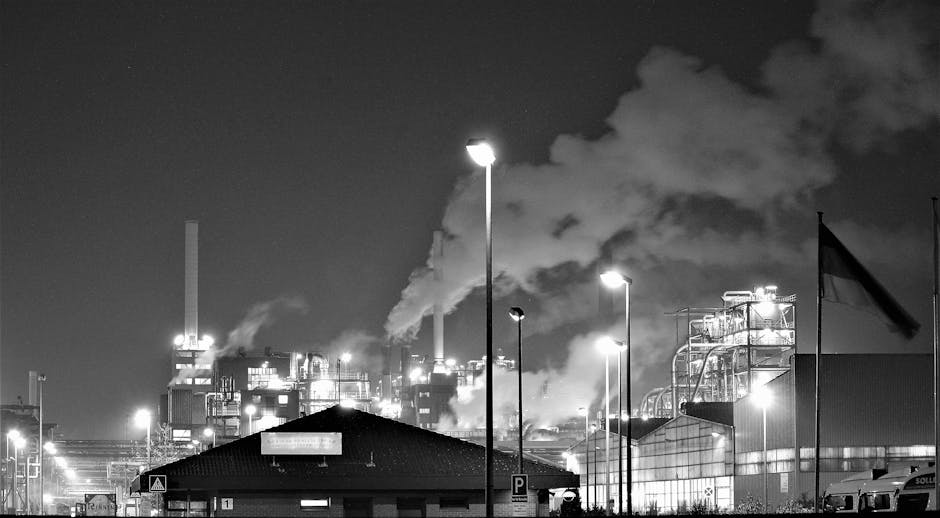In the tapestry of Earth's history, we are witnessing an unprecedented chapter marked by a relentless rise in global temperatures. This phenomenon, known as global warming, threatens the very fabric of our planet, jeopardizing the delicate balance that has sustained life for millennia.
Global warming is primarily driven by the increasing concentration of greenhouse gases in the atmosphere, largely due to human activities. These gases, such as carbon dioxide, methane, and nitrous oxide, trap heat emitted from the Earth's surface, causing the average global temperature to rise. This warming effect has profound implications for the planet's ecosystems, weather patterns, and human society.
One of the most tangible impacts of global warming is the melting of polar ice caps and glaciers. As these frozen giants diminish, sea levels rise, posing a significant threat to coastal communities and infrastructure. Extreme weather events, such as hurricanes, droughts, and heat waves, are also becoming more frequent and intense, wreaking havoc on ecosystems and human populations alike.
Moreover, global warming is disrupting delicate ecosystems, leading to species extinction and habitat loss. As temperatures rise, many species are forced to relocate or adapt to new environments, often with limited success. This loss of biodiversity has far-reaching consequences for the planet's overall health and stability.
Agriculture is another sector severely affected by global warming. Changing weather patterns and rising temperatures are making it increasingly difficult to grow crops and raise livestock. Droughts and floods can decimate harvests, leading to food shortages and economic crises. Additionally, global warming is contributing to the spread of pests and diseases, further exacerbating the challenges faced by farmers.
Besides its environmental impacts, global warming also has profound social and economic consequences. Displacement of coastal communities, loss of livelihoods, and increased healthcare costs due to extreme weather events are just a few of the challenges we face. The economic toll of global warming is estimated to be in the trillions of dollars annually.
Addressing global warming requires urgent action at both individual and collective levels. Reducing our carbon footprint by transitioning to renewable energy sources, improving energy efficiency, and adopting sustainable practices is crucial. Additionally, governments need to implement policies that promote a clean energy future and support vulnerable communities.
International cooperation is also essential. Global warming is a transboundary issue that requires a coordinated response. The Paris Agreement, adopted in 2015, provides a framework for global cooperation to combat climate change. However, much more needs to be done to translate commitments into meaningful action.
In the face of this looming threat, it is imperative that we act now to mitigate the impacts of global warming and secure a sustainable future for generations to come. The choices we make today will shape the destiny of our planet for centuries to come. Let us rise to the challenge and work together to create a healthier, more resilient world for all.

